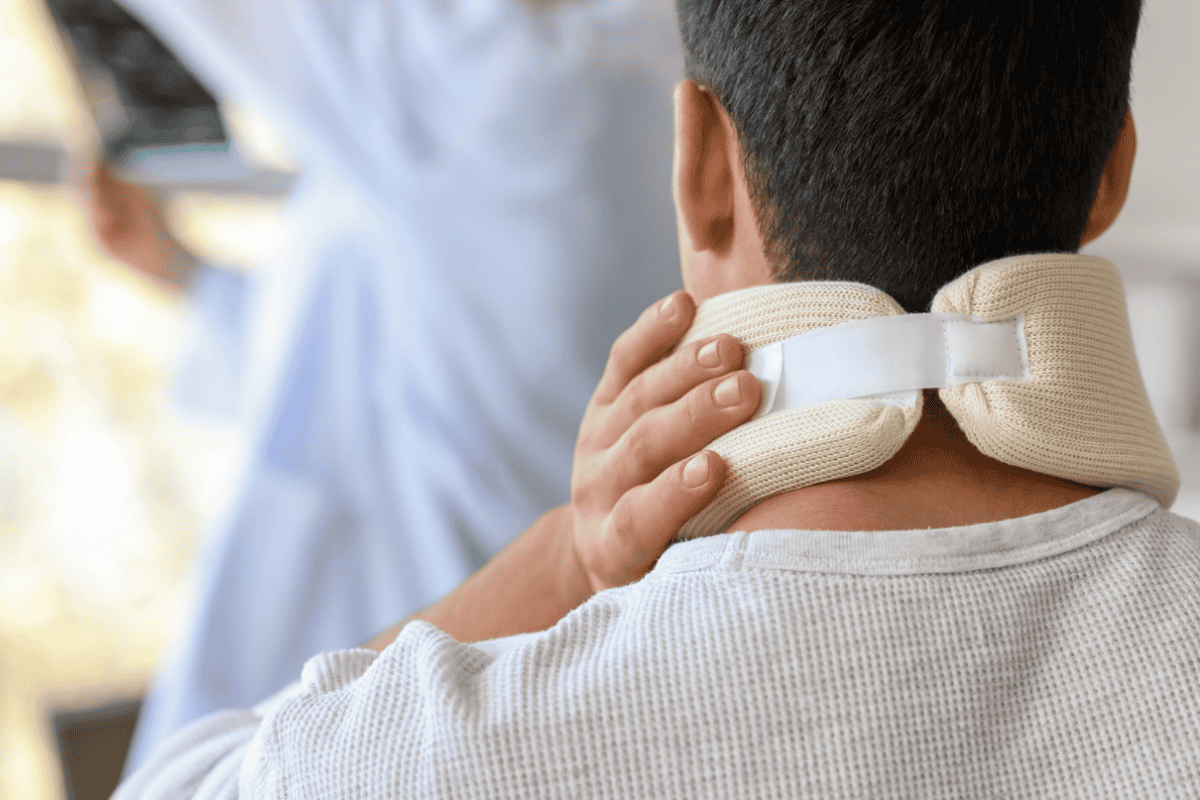A personal injury can profoundly impact your life, not only physically but also mentally and emotionally. While much attention is often focused on recovering from the physical aspects of an injury, the psychological aftermath is just as important to address. Many individuals who suffer from personal injury experience a range of emotions.
This article explores the psychological aftermath of personal injury and provides strategies for navigating the emotional challenges that often accompany physical recovery.
Understanding the Psychological Impact of Personal Injury
After a traumatic injury, it’s common to experience feelings of anxiety, particularly when returning to the location where the injury occurred or in similar situations. You may also worry about your future, financial stability, and ability to regain your previous quality of life.
Long periods of physical recovery, pain, and limited mobility can lead to feelings of sadness, hopelessness, and depression. Injuries that cause long-term disability or loss of independence can significantly contribute to depressive symptoms.
Those who have experienced a severe or life-threatening injury may develop PTSD, characterized by intrusive memories, flashbacks, nightmares, and hypervigilance.
According to the reputable lawyers behind go-lawfirm.com, dealing with an injury can make you angry or frustrated, mainly if someone else’s negligence caused it. You may also feel frustrated by the physical limitations the injury has imposed on you.
Personal injuries that lead to visible scars, disability, or long-term physical changes can impact your self-esteem and body image. Feeling less capable or attractive than you did before the injury can affect your confidence and mental health. Recognizing that these emotional responses are normal is the first step toward healing. However, it’s essential to actively manage these feelings so they don’t interfere with your long-term recovery.

Strategies for Emotional and Mental Recovery After a Personal Injury
The following strategies can help you navigate the psychological aftermath of a personal injury and support your emotional recovery.
Acknowledge Your Emotions and Seek Support
The emotional toll of a personal injury is often underestimated, but it’s vital to acknowledge your feelings instead of suppressing them. Bottling up emotions like anger, fear, or sadness can make it harder to cope in the long run.
Talking about your feelings can relieve and help you process what you’re going through, whether with a trusted friend, family member, or therapist. Sharing your feelings can release tension and gain perspective, which can be incredibly therapeutic.
If you’re struggling to cope with the psychological impact of your injury, seeking help from a therapist or counselor can be beneficial. A licensed therapist can also assist you in dealing with symptoms of PTSD, depression, or grief related to your injury.
Set Realistic Goals for Physical and Emotional Recovery
One of the most challenging aspects of recovering from a personal injury is accepting the time it takes to heal. Whether you’re recovering from a broken bone, surgery, or a more severe injury, the process can feel slow and frustrating. This frustration can negatively impact your mental health if you set unrealistic expectations for recovery.
Instead of focusing on a long-term outcome, set smaller, more manageable goals to work toward each day or week. Celebrate small victories, such as increased mobility or reduced pain. If you experience a regression or delay in progress, try not to be too hard on yourself. Acknowledge that healing is not always linear and that your body and mind work together to recover.
Practice Mindfulness and Relaxation Techniques
Meditation is a great way to practice mindfulness and center yourself during difficult moments. Apps like Headspace or Calm can guide you through simple meditation exercises. When you feel overwhelmed by pain, frustration, or fear, deep breathing exercises can help you regain a sense of control.
Practicing slow, deep breathing can trigger the body’s relaxation response and reduce feelings of tension. Progressive Muscle Relaxation (PMR) can be beneficial for dealing with pain or discomfort as part of your recovery.
Stay Connected with Loved Ones
The support of friends and family can be instrumental in your emotional recovery. Whether you need someone to help with errands or to talk, staying connected with those who care about you can provide comfort and reduce feelings of isolation.
While physical limitations may make it challenging to participate in certain activities, try to stay as socially active as possible. If you can’t attend social events in person, consider virtual meet-ups, phone calls, or video chats to keep in touch with your support network.
Take Control of Your Recovery Process
One of the most empowering things you can do during your recovery is to take an active role. Feeling helpless or out of control can exacerbate feelings of anxiety or depression, but taking ownership of your health can help you regain a sense of autonomy.
Ask your healthcare team about your injury, treatment options, and recovery timeline. Understanding what to expect can help reduce anxiety and give you a clearer picture of what lies ahead.
Adhering to your doctor’s recommendations, attending physical therapy sessions, and taking prescribed medications as directed are essential to both your physical and mental recovery. Staying engaged in your treatment plan will help you stay on track and feel more in control of your healing journey.

Be Mindful of Your Mental Health
While physical recovery often takes center stage after a personal injury, it’s essential to be mindful of your mental health as well. Regularly check in with yourself to assess your emotional feelings, and don’t hesitate to seek help if you’re struggling.
Writing about your thoughts and feelings in a journal can help you process emotions and identify patterns in your mood. It can also be a way to track your progress and recognize positive changes over time. While it’s natural to feel discouraged at times, try to focus on the positives and remind yourself that recovery, while challenging, is possible. Surround yourself with supportive individuals who uplift and encourage you.
Win Over the Psychological Aftermath of Personal Injury
The psychological aftermath of a personal injury can be just as challenging as the physical recovery process, but with the right strategies, you can navigate these emotional hurdles. You can heal mentally and physically by acknowledging your emotions, seeking support, practicing mindfulness, and taking control of your recovery. Remember, recovery is a journey, and being kind to yourself along the way is essential.


